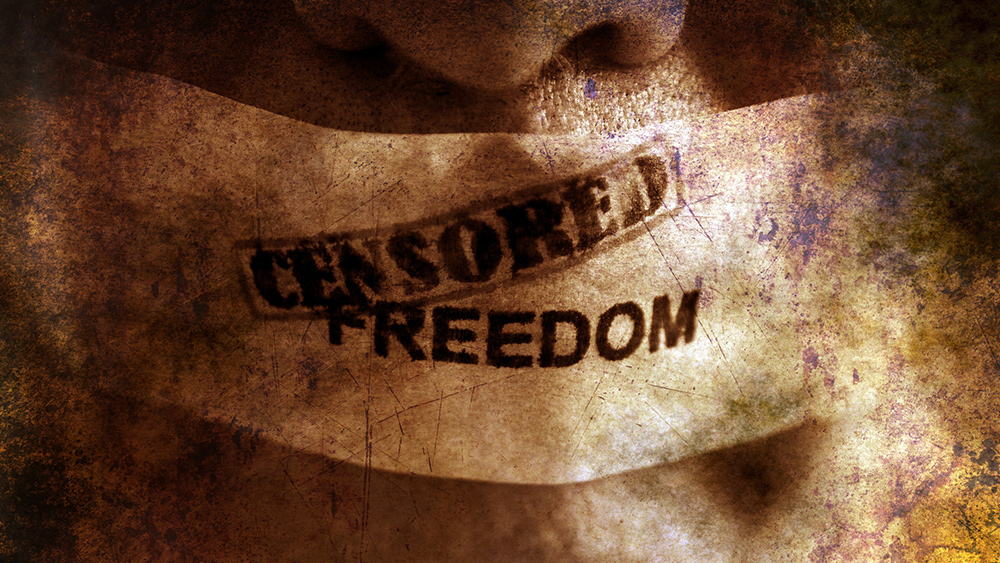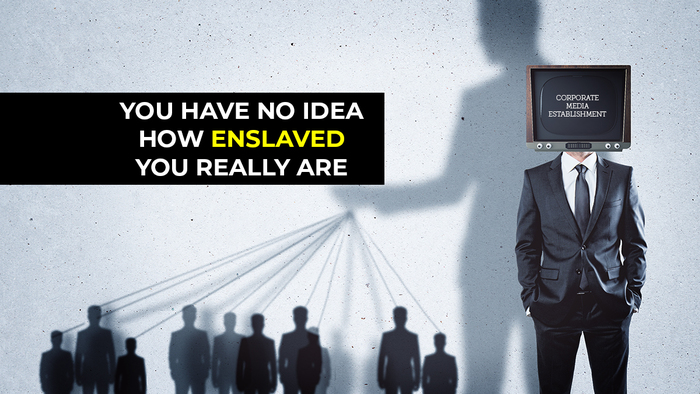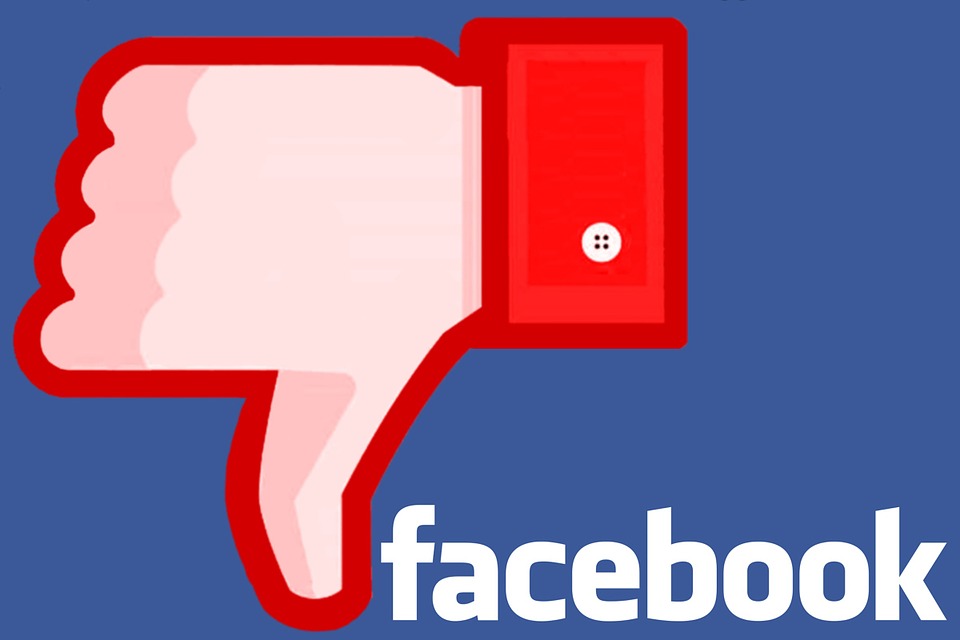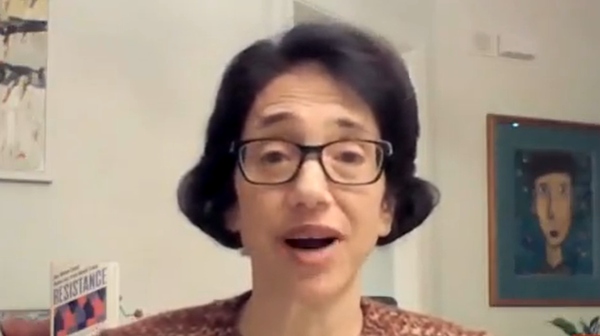Now the EU is going after video platforms like BitChute that refuse to censor content critical of LGBTQ and Black Lives Matter propaganda
07/17/2021 / By Ethan Huff

The alternative media streaming platform BitChute, which is based out of the United Kingdom, has issued new guidelines against free speech that conform to the “hate speech” requirements of both its country and the European Union.
After consulting with the U.K.’s Office of Communications (Ofcom), BitChute determined that the wording of its “Incitement to Hatred” guidelines was too narrow and needed to be altered in order to better cover the scope of the U.K.’s regulations against “extremism.”
BitChute’s previous policy wording defined terrorism and violent extremism as “any act of violence or intimidation carried out with the intention of furthering a religious, political or any other ideological objective.”
“BitChute maintains and publishes a Proscribed Terrorist & Violent Extremist List that is utilised when identifying terrorist and violent extremist material. As this list will evolve over time, we suggest that all users regularly check it to ensure they are not breaching the guidelines,” the company says.
Now, terrorism and violent extremism has been redefined by BitChute to include the prohibition of content coming from entities that have been “designated under counterterrorism legislation” as no longer having freedom of speech.
“In addition, those designated by the United Kingdom of Great Britain, Australia, Canada, New Zealand, the United States of America, the United Nations, the European Union or any member state of the European Union will be prohibited on the platform,” BitChute says.
BitChute has published a Prohibited Entities List that lists all such entities that have been “independently identified” and that are now “explicitly prohibited on the platform under this guideline.”
BitChute to censor “derogatory, denigrating” statements against protected groups
As for “Incitement to Hatred,” BitChute defines this as “any material likely to incite hatred against a group of persons or a member of a group of persons based on specific grounds,” including sex, race, color, ethnic or social origin, genetic features, language, religion or belief, political or any other opinion, membership of a national minority, property, birth, disability, age and sexual orientation.
This expansive list will almost certainly be used to silence critics of Antifa, Black Lives Matter (BLM), the Cult of LGBTQ, and various other protected left-wing groups that cry “hate” every time someone says or does something that upsets them.
BitChute says that it will no longer allow content that is in any way “derogatory, denigrating” or that contains “demonising statements” against a group of people or members of a group.
“When material is confirmed by our moderators as being in violation of the Incitement to Hatred prohibition, it will be restricted to prevent viewing within a specific set of geographical areas,” BitChute says about its new process.
These geographical areas include the U.K. and Northern Ireland, member states of the E.U., states that form the European Union Economic Area, and any territories within any of these states.
“The owner of the content where the material was found will be notified that their content has been identified as violating the Incitement to Hatred prohibition, and this will also be displayed on the Visibility tab of their content management pages,” the company further says.
“The content owner will be able to challenge the decision by submitting an appeal with sufficient supporting evidence.”
It would appear as though BitChute is trying to remain active in its own country and across Europe as opposed to taking these actions of its own volition like YouTube and other Big Tech platforms are doing to try to silence free speech. Still, we thought you should know about it.
More related news about Big Tech censorship can be found at Censorship.news.
Sources for this article include:
Tagged Under: banned, BitChute, Black Lives Matter, BLM, Censored, Censorship, EU, free speech, lgbtq, obey, propaganda, speech police, thought police
RECENT NEWS & ARTICLES
COPYRIGHT © 2018 SPEECHPOLICE.NEWS
All content posted on this site is protected under Free Speech. SpeechPolice.news is not responsible for content written by contributing authors. The information on this site is provided for educational and entertainment purposes only. It is not intended as a substitute for professional advice of any kind. SpeechPolice.news assumes no responsibility for the use or misuse of this material. All trademarks, registered trademarks and service marks mentioned on this site are the property of their respective owners.




















